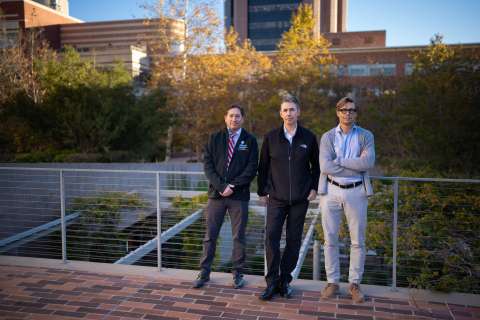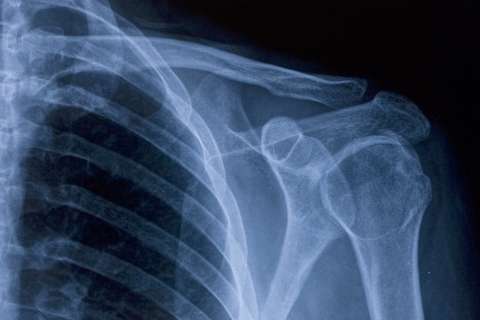An increasing number of women are choosing to freeze their eggs but a much smaller number are returning to use them, according to new UCLA Health research. The study found that the number of planned elective egg freezing cycles nearly quadrupled between 2014 and 2021, increasing from 4,153 to 16,436. Despite this surge, only 5.7% of women who froze their eggs between 2014 and 2016 returned to use them within the study’s follow-up period of 5-7 years.
The study, published in the American Journal of Obstetrics and Gynecology, also revealed important age-related trends around egg freezing, also known as oocyte preservation. Women are now freezing their eggs at younger ages, with the average age declining from 36.0 years in 2014 to 34.9 years in 2021. Return rates were highest among women who froze eggs between ages 38 and 42, with 7.9% of those aged 38–40 and 8.0% of those aged 41–42 returning to use them.
“This is the largest U.S. study to date on elective fertility preservation, revealing insights into the clear shift in reproductive behavior as more women delay childbearing to pursue education, careers, and personal goals,” said Dr. Lindsay Kroener, associate clinical professor in reproductive endocrinology and infertility at the David Geffen School of Medicine at UCLA and senior author of the study. “Egg freezing offers a powerful form of reproductive autonomy, and thanks to major advances in technology, the chances of success are better than ever.”
Researchers used data from the SART-CORS database, which captures over 90% of assisted reproductive technology (ART) procedures in the U.S. The study focused on elective fertility preservation cycles using patients’ own eggs from 2014 to 2021 and tracked egg thawing cycles through 2021 linked to preservation cycles from 2014–2016, allowing for a 5–7-year follow-up period.
What researchers didn’t expect was the significant low rate of egg utilization. “This finding may be limited by the relatively short follow-up period, particularly for younger patients,” Kroener said. “It will be important to see how return rates for thawing evolve with a longer follow-up period. Over time, we may find that more young patients ultimately return to use their eggs.”
Notably, the study also found that success rates for live births using the participants’ frozen eggs were comparable to national averages for in vitro fertilization using fresh eggs. “This is reassuring that planned oocyte preservation can provide a good option for patients who are looking for more family planning flexibility,” said Dr. Mabel Lee, a reproductive endocrinology and infertility fellow physician at UCLA Health and first author of the study.





